May 20, 2024 | 06:31 GMT +7
May 20, 2024 | 06:31 GMT +7
Hotline: 0913.378.918
May 20, 2024 | 06:31 GMT +7
Hotline: 0913.378.918
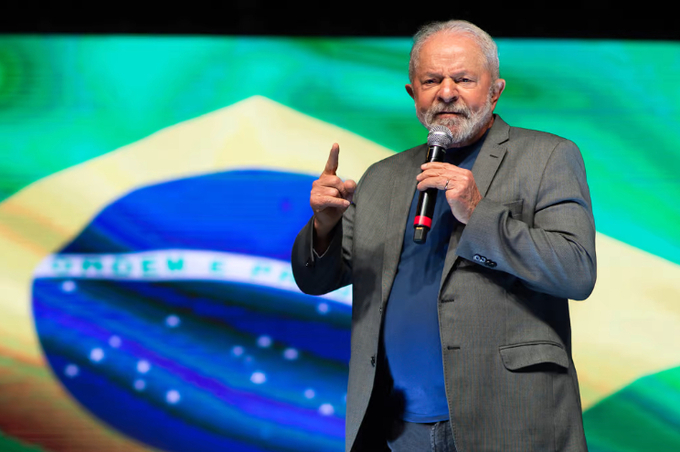
Brazilian leftist presidential pre-candidate Lula Da Silva speaks during a campaign rally at Centro de Convenções Ulysses Guimarães in Brasilia, Brazil. Photo: Andressa Anholete
EU trade officials will be paying close attention to Brazil's election race this October in the hope that far-right leader Jair Bolsonaro will be booted out and they can resurrect a landmark trade deal with South American countries.
Brussels struck an initial deal with the Mercosur countries — Brazil, Argentina, Paraguay and Uruguay — in June 2019, but the pact has effectively been on ice since then, not least because of a bitter political and personal clash between Bolsonaro and French President Emmanuel Macron.
Macron was willing to throw his support behind the deal in June 2019, but only on the understanding that Bolsonaro would take action on the deforestation of the Amazon. By August, everything had unraveled. With global headlines dominated by blazing Amazon fires, Macron accused Bolsonaro of having "lied" to him and the enmity became irredeemably toxic when the Brazilian leader mocked the looks of Macron's wife, Brigitte.
Bolsonaro's main competitor in the election battle, former left-wing President Luiz Inácio Lula da Silva, is casting himself as a more natural partner to resuscitate trade ties with the EU. He's more in tune with Europe's goal when it comes to combating deforestation, although he is insisting on renegotiating parts of the 2019 accord. In particular, the former lathe operator and union boss is keen to extract more concessions from the EU side to promote the development of Brazilian industry, tilting the emphasis of the trade relationship away from Brazil simply acting as a giant beef and soybean farm for European consumers.
Earlier this week, Lula said that the current Mercosur deal was not "valid," and added: "What we want in the discussion with Europe is not to give up our interest in reindustrializing ourselves.”
Aggregated polls in Brazil give Lula a comfortable lead over Bolsonaro — of about 45 percent to 33 percent — so EU officials may soon have to be grappling with these topics. Alarmingly, however, Bolsonaro, an outspoken admirer of former U.S. President Donald Trump, has been unclear about whether he will accept the results, suggesting enigmatically that he would only concede if the vote were "clean" and "transparent."
From the EU side, there is certainly appetite to try to get trade deals back on track, with two trade-friendly countries at the helm of the EU's rotating Council presidency: the Czech Republic until the end of the year, then ultra-liberal Sweden. European policymakers have been shaken by the war in Ukraine, which has pushed Europe to strengthen its alliances and supply chains with other parts of the world.
The big question is whether the negotiators at DG TRADE in Brussels are willing to reopen talks with Lula. The European Commission said it's working on "an additional instrument to accompany the agreement." Extra provisions regulating environmental effects, it hopes, would avert the need to reopen the agreement.
The Commission is “not very fond of renegotiating the deal because [they’re] afraid that once we open the negotiations, it would be like a Pandora’s box,” one EU diplomat told POLITICO on the condition of anonymity.
Environmental concerns
Several EU countries, MEPs and activists have raised environmental concerns about the deal — especially concerning Brazil’s role in the deforestation of the Amazon.
Since taking office, Bolsonaro has weakened the country’s environmental protection agencies and favored rural landowners, notably by supporting a bill that would formally legalize land grabbing in the Amazon. Last year saw record deforestation in the Amazon, and the first semester of 2022 has already seen deforestation rates over 10 percent worse than those of 2021.
Even with greater political will on the European side to finalize the Mercosur deal — which was agreed in 2019, but has yet to be approved by the Council of the EU — much will come down to how quickly Lula could turn the page on the environmental front if he wins.
Amâncio Jorge de Oliveira, who teaches international relations at the University of São Paulo, said a clean U-turn from Brazil was likely. “With a victory from the left, the arguments about the environment would disappear. Brazil would certainly meet the environmental issues,” he said.
If those obstacles were removed, that would come as good news to Spain and Portugal, which have been leading proponents of deeper ties with South America.
For France, however, there is the added complication that its farmers, a very vocal political constituency, are opposed to a deal that they argue will open the floodgates to imports of Brazilian beef. Macron has had to navigate these interests carefully as other powerful groups, such as French car makers and big industrial enterprises, are pushing him hard to expand access to South American markets.
Differing priorities
Bolsonaro has been vocal about wanting a deal, and has blamed France for the holdup. “We are doing our best, but France, defending its own interests, gets in our way,” he said in 2020 during one of his weekly Facebook live broadcasts.
And that position seems as entrenched as ever in his camp. This month, Brazil’s Economy Minister Paulo Guedes said that France "is becoming irrelevant" to Brazil and is in a weaker negotiating position. He said if France doesn't treat Brazil better, it's likely Brazil won't be "giving a fuck” about it.
Conversely, Lula has promised to add bits regarding Brazil's industrial sector if he's elected. "We will call on the European Union to improve the agreement. I have faith that we will announce this agreement soon, but with better quality to ensure that Latin American countries can have an industrial policy," Lula said in July.
Strengthening Brazilian industry has been one of Lula’s main promises during his campaign. The industrial sector's share of Brazil's output fell from 28.6 percent in 2004 to 18.9 percent in 2021, its worst performance in almost two decades. Lula has pushed to make investments in technology and innovation, and said the country should treat its state-owned oil corporation Petrobras "not only as a company, but also as an agent of development."
De Oliveira said that Europe would face a tough choice if Bolsonaro were re-elected: Hold their noses and get the deal done or keep it frozen. "Europe would realize that it is no longer possible to postpone its decision. It doesn't make sense to postpone this for four more years," he said.
"I think the big challenge for the ratification of the deal lies within Europe, not Brazil.”
(Politico)
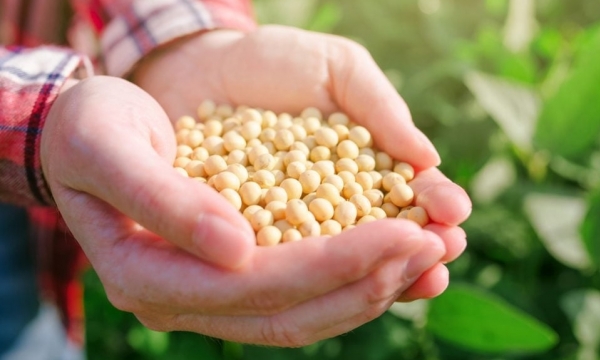
(VAN) The upcoming U.S. soybean harvest is expected to approach record levels, but exporters had sold practically none of it as of last week, a typical time when new-crop sales may start to roll in.
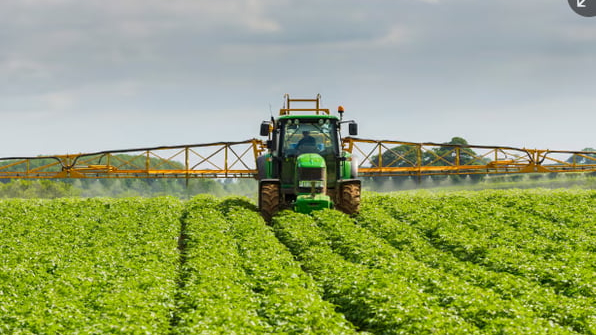
(VAN) Edible oil droplets trap bugs without the harm to people and wildlife that synthetic pesticides can cause.
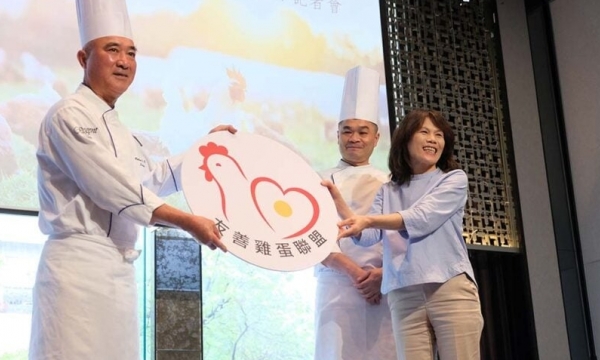
(VAN) The Silks Hotel Group – Taiwan’s largest publicly-listed hotel group – has announced a cage-free sourcing policy.
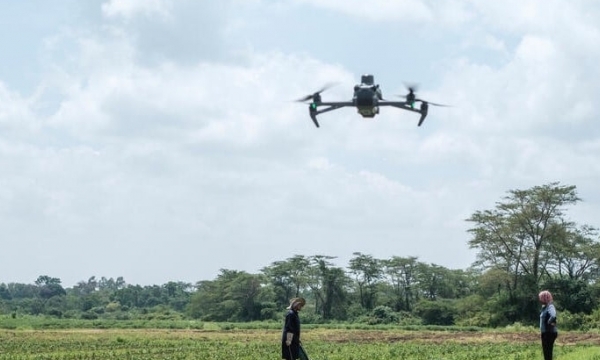
(VAN) Director-General QU Dongyu spoke at the Business Federation of the G7 in Rome
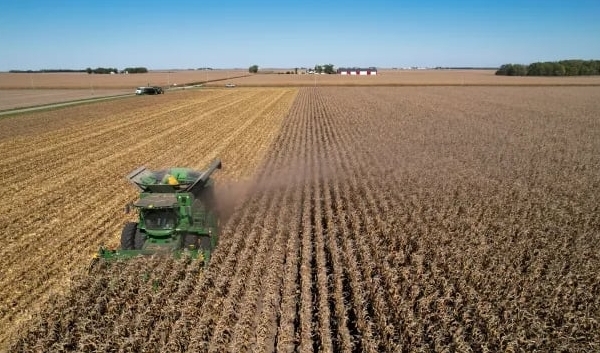
(VAN) Pharmaceutical, manufacturing and big agriculture interests have spent more than $400 million lobbying Congress on a new farm bill, a new report has found.
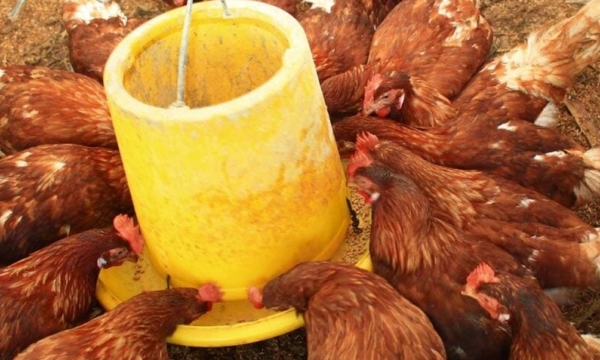
(VAN) RSPCA Assured has further extended its current pause on the introduction of new standards for laying hens, pausing its rollout for 9 months.
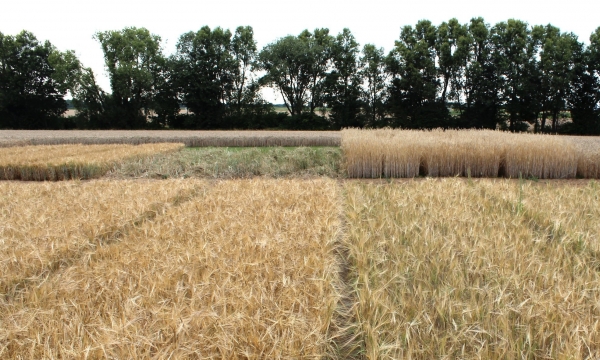
(VAN) Plants adapt genetically over time to the special conditions of organic farming. This has been demonstrated in a long-term study conducted at the University of Bonn.